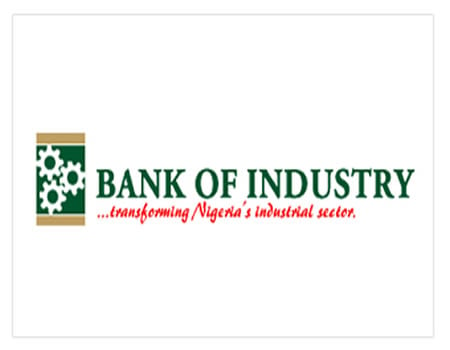The World Bank and the Bank of Industry (BoI) have unveiled a new strategic framework aimed at accelerating job creation, improving financial inclusion, and unlocking greater private sector investment in Nigeria. The initiative was highlighted during the second edition of the Bank of Industry Development Lecture Series held in Abuja.
The event, themed “Development Finance Imperatives: Rethinking Nigeria’s Path Forward,” brought together key stakeholders including the Director-General of the African Development Bank’s Nigeria Office, Dr. Abdul Kamara; Managing Director of the Bank of Agriculture, Mr. Ayo Sotinrin; and former Central Bank of Nigeria Deputy Governor, Dr. Sarah Alade.
World Bank Country Director for Nigeria, Dr. Mathew Verghis, noted that Nigeria is currently experiencing early signs of macroeconomic stabilization due to ongoing government reforms. However, he cautioned that the impact of these reforms is yet to reach ordinary citizens, largely due to high inflation and weak purchasing power.
“We are seeing progress in stabilization, but poverty and unemployment remain real challenges,” Verghis said. “To sustain reforms, the focus must shift toward policies that drive job creation and expand access to finance, particularly through digital innovation and private capital.”
BoI Board Chairman, Dr. Mansur Muhtar, emphasized the need for collaboration between public institutions, private investors, and development partners to achieve sustainable, inclusive growth. He reaffirmed BoI’s commitment to supporting industrialization through responsible lending and technology-driven enterprise support.
“At the Bank of Industry, inclusive and investment-led growth is not just a goal—it is a necessity,” Muhtar said. “We will continue to drive industrial transformation and unlock new opportunities by strengthening sectoral linkages and supporting enterprises.”
Closing the lecture, BoI Managing Director, Mr. Olasupo Olusi, said the annual series has become a platform for shaping economic policy direction and strengthening Nigeria’s development ecosystem.
“The Bank of Industry is not just a financial institution; we are a partner in shaping Nigeria’s development journey,” Olusi said. “As the global economy shifts—from digital acceleration to climate challenges—Nigeria must adapt or risk falling behind.”
The framework proposed during the event is expected to serve as a blueprint for aligning Nigeria’s development finance system with national goals, while prioritizing innovation, collaboration, and sustainable economic impact.















